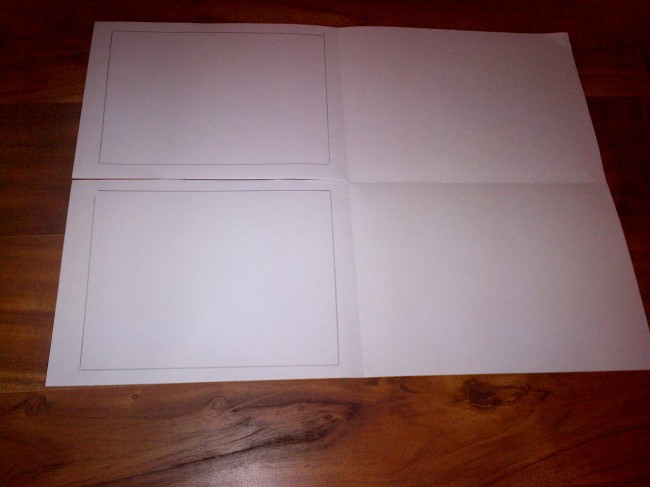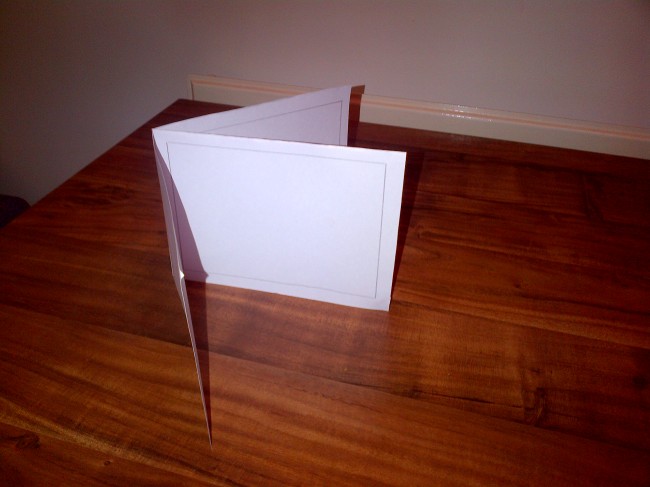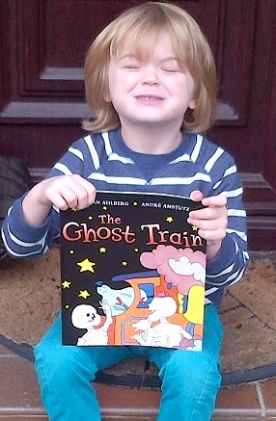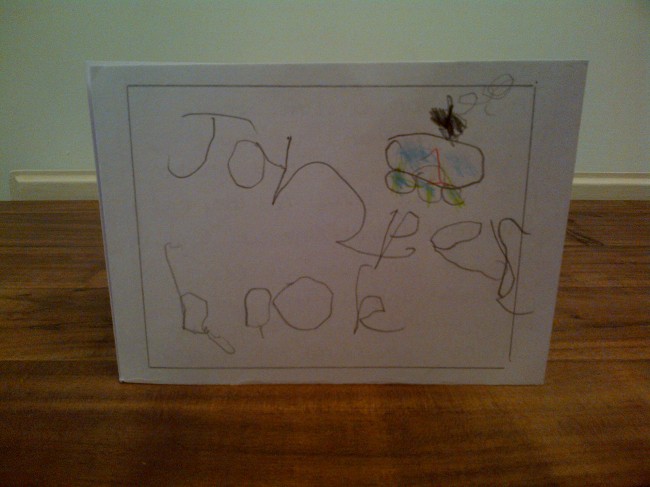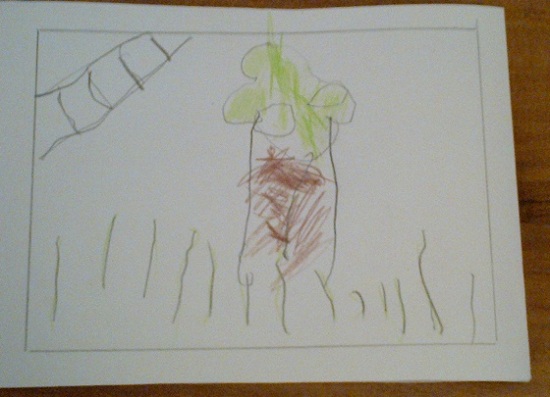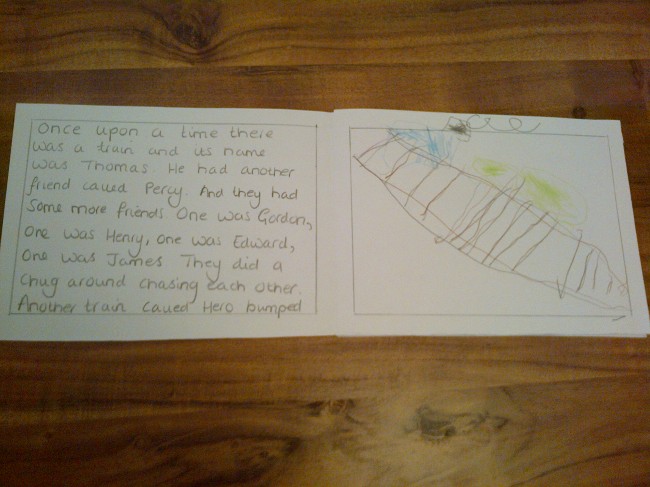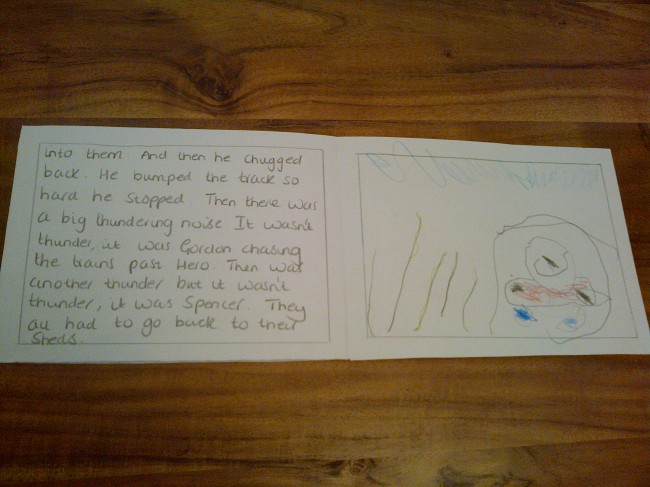Earlier this week, the Archbishop Welby said that families should not make their lives “miserable” at Christmas by putting themselves under pressure to keep up with the “over the top” consumerism of the festive season. You can read the full story at the BBC News Website.
There are literally hundreds of thousands of articles all over the web, packed with ideas for how to have a simple Christmas: There are crafts; home made gifts and cards; ideas to set budgets. You name it, there will be handy hints about it.
This morning, as I steeped fruits in Brandy in preparation for steaming the Christmas Puddings and wrapped my Christmas Cake batters up in their parchments beds, I began to wonder about this idea of a simple Christmas.
I’m all in favour of a Christmas without the materialism. There is so much pressure on children (and hence their parents) to have the latest gadget, shoes, accessory or whatever; so many competitions between neighbours about who has the most fabulous display of lights, that we are in danger of forgetting the real meaning of Christmas.
I’m all for the idea of making cakes and puddings. I much prefer a rustic Mince Pie instead of a perfectly shaped (but not often perfect tasting) shop bought one and I love the special feeling that receiving a carefully chosen or hand made gift brings. But, and this is a big but. I have a real problem with the term ‘simple’ Christmas.
You see, to me, the word simple conjures up an image of anything bland. Plain. Dull. It isn’t well thought out or planned, it is mediocre – making do. I know simple can be beautiful and that the simple ideas are always the best. See – I know all the sayings!
But the idea of a simple Christmas just fills me with dread. It doesn’t sound special. It sounds functional. And Christmas should be magical.
So here I am, mid-November, trying to think of ways to make Christmas magical without costing the Earth. Ways to make it wonderful without the all the excess. Well, almost all!
Here are my top tips:
- Get Traditional
I don’t mean bring back traditions of years gone by, unless you want to of course. No. I mean create your own traditions. Little things that you’ll do each year with your family to really bring the Christmas spirit alive. We started a lovely one last year with our son who was then 2. On Christmas Eve, probably mid-afternoon, I dashed upstairs with a note handwritten by Santa, to be delivered by his Elves. The note talked about how good Jasper had been all year with a few references to achievements and things he had particularly enjoyed. I left the note on his pillow with a new pair of pyjamas and a dressing gown wrapped underneath. These were a special present from Santa to remind Jasper that he needed to go to bed early and hope to hear the sound of sleigh bells as Santa completed his rounds!
Another tradition I think is just beautiful is to write down on post-it notes all the little things your child says or does throughout the year. We always say we won’t forget but it is just so easy to when they grow up so quickly! Stick them in a shoe-box or jar then, on Christmas or New Years Eve, open them and read back. You don’t have to limit it to children – you could do it just as a couple too.
2. Make a meal of it!
The christmas Meal is usually the highlight of the day, but it’s so easy to get carried away with having hundreds of sauces, sides and stuffings, especially if you buy them all ready prepared. I know it can be so much easier on the day when it can all be thrown in the oven without hours of peeling and chopping but if you create your family’s own perfect meal and stick to it each year with just a few tweaks, it really does become a doddle.
Lots of little snacks such mince pies that you can make with the kids throughout December; a pudding which you can steam a few months before and watch the brandy seep through as you feed it in the run up to the big day; a stuffing which you can knock up the day before. All these things make it so much easier, cheaper and simpler on the day yet you’re still left with that really special Christmas feeling. Probably more so because you have a house full of delicious smells throughout the festive season!
3. Get out into the Community
Whether you’re a Christian who celebrates the true meaning of the festival or, like us, a non-believer who uses the time to celebrate family and friendship, everyone can really get into the spirit of things by heading out into the neighbourhood. Christmas lights in the streets, carol singers, Santa on his rounds and the general feeling of excitement in the air are enough to get even the most miserable of souls in the mood!
4. Do something good
In these hard economic times, when we’re all tightening our purse strings at Christmas, it can be so easy to forget that there are people so much worse off than us. So many of us tend to have a clear out at this time of year in preparation for the influx of new things, so instead of binning or selling on ebay, why not take some of those no longer needed items to a charity shop?
Take a batch of mince pies to an elderly neighbour who is alone or even have friends over for a cake and warming Christmas cocktail, ask everyone to donate a pound or two to help the charity of your choice.
Every penny counts.
5. Sing
Gather around the fire, crowd around the piano or stick the radio on for a good old sing song. Carols, Christmas hits or even one you’ve made up yourself. Music has the power to really move us, so use it to make your Christmas special!
6. Cull your Christmas card list!
There’s been a huge increase in the number of people who send e-cards, especially as we’re all doing our upmost to save money. Although these can be great to stay in touch with people who you might otherwise not speak to, don’t they take away a little of the personal touch which can mean so much at this time of year?
My Mum has a system whereby she uses a spreadsheet to tick off each year whether someone has sent her a card. If they don’t send her one two years running and she hasn’t spoken to them in the meantime, she strikes them off her list. When I was younger, I used to think this was awful and berate my mum for being scrooge-like and mean spirited. But now I really appreciate why she did this and have even started doing it myself. She saves time (and money) by not having to write and post hundreds upon hundreds of cards, yet she is still able to stay in touch with all the people she wants to reach out to.
A hand-written, personal note instead of the factory churned out Christmas wishes each year can really cheer someone up at Christmas, especially someone who might be on their own or vulnerable.
7. Get Crafty
While we’re on the subject of the personal touch, why not get the kids involved. Haul out the glitter, get happy with the scissors and create cards and decorations of your own. If you want to avoid the commercialism, this is a super way to really get your house feeling festive without looking the same as everyone else’s. It’s also a great opportunity, especially with people being so time-deficient these days, to spend some quality time with your family.
And finally….
8. Smile
Laughter is indeed the best medicine. In years to come, no one will remember how many gifts they got, whether you forgot to turn the oven on and how much you spent on the big day. What they will remember is this:
A fun-filled, special day with family around them.
So don’t spend a fortune, try not to be sucked in to the consumerism of Christmas (easier said than done with kids, I know) and have a lovely day surrounded by the ones you love!


